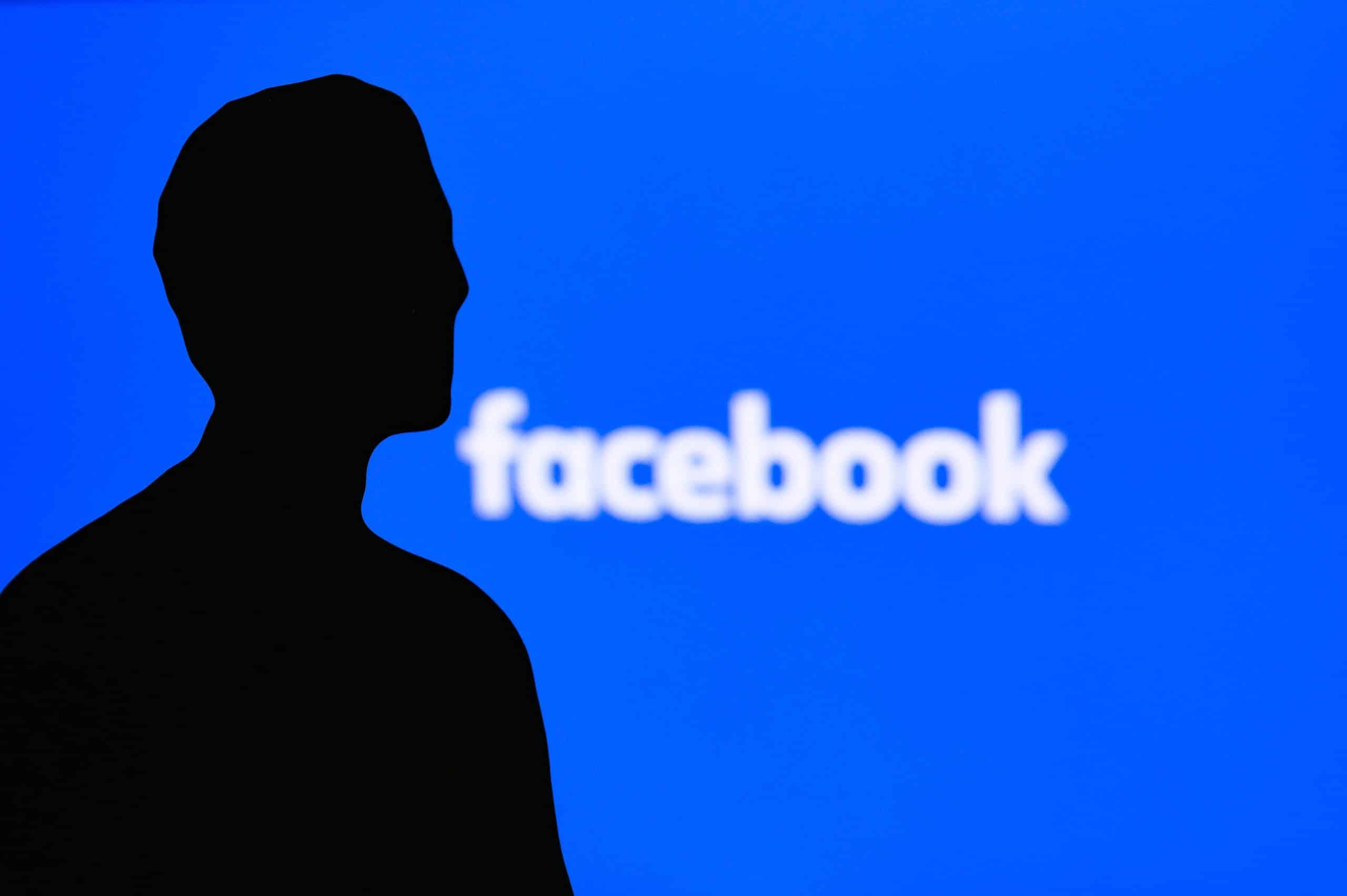
Facebook was not the first social media platform to introduce monetisation but proved to be the most successful one yet.
Mark Zuckerberg’s main way of making money was through the launch of advertising in 2007. With so many users on social media, it became an ideal spot for advertisers to showcase their ads and earn significant revenue, while also sharing a portion with Facebook and its parent company, Meta.
But it has been over 15 years since 2007. How has Facebook’s money-making technique changed today and what are the things the platform does not tell its users about?
Facebook Is Monetising User Data
One of the first things that many people think about when it comes to discussing how Facebook is making its profit is advertising, however, not everyone knows that Mark Zuckerberg actually found a way to make a profit via monetising data “in a completely different way”, the chief marketing officer and founder of Karasin PPC, Joe Karasin, told Business2Community.
“It would be one thing if he had simply allowed companies to purchase ad space in news feeds, but to monetize user data and allow for highly targeted and personalized ads, that was the real difference maker, and is what advertisers actually pay for,” Karasin explained.
In fact, Facebook’s strategy of monetising user data has been making headlines for years, especially after the Cambridge Analytica scandal back in 2018.
And while privacy, demographic and geographic targeting has become more strict and much harder to achieve in recent years, it is not impossible, Teajai Kimsey, the director of marketing and communication at Crystal Structures Glazing said.
In more recent news, the United States Federal Trade Commission (FTC) accused Facebook in May 2023 of profiting off minors’ data.
#BREAKING: FTC proposes blanket prohibition preventing Facebook from monetizing youth data. FTC says that the company violated 2020 privacy order; proposes new protections for children and teens: https://t.co/f4BysjTODZ /1
— FTC (@FTC) May 3, 2023
Facebook Learned to Monetise User Interactions
User engagement and interactions were a way for Facebook to collect user data although the sole thought that they could do it, was creative for its time.
“If I am engaging with a lot of videos of cats, for example, then a cat food company that is advertising on Facebook can choose “pet owner” or “cat owner” from a list of audiences which I am now a part of. By getting more and more users to engage with more and more content on the platform, Facebook was able to sell advertising worth billions of dollars to marketers looking for a more targeted way to sell products,” Karasin noted.
In addition, Facebook offers companies and content creators to sponsor or pay to boost, their posts advertising a certain product, making sure that that specific post reaches its target audience beyond their existing pool of followers, Kimsey explains. Implemented features like Facebook Marketplace and Facebook Shops allow businesses to sell products directly on the platform thus fostering a revenue stream through transaction fees and by building a stable partnership with companies and sellers.
Facebook Users Hand Zuck Their Data For “Free”
One of the biggest reasons why Facebook’s income strategy was such a success was essentially because Facebook users have been giving the social media platform their data for free, Karasin said.
“An average Facebook profile has over 2 million data points associated with it. In other words, Facebook knows a lot about users.”
Aside from user interaction and engagement data, Facebook has also been “handed over” basic user data in the likes of age, location, favourite brands, movies and artists. Such information helps the platform sort users into an array of groups based on their demographics and likes, thus helping advertisers target the people they are looking to sell their products to specifically.
“I think this is the real genius of the system. Give away something free that everyone begins to think they need and then have them give you information about themselves for free to then sell for billions.”
Facebook and User Privacy: The Bottom Line
But while this was a “genius” idea, it has also crossed a number of ethical lines, significantly that of privacy.
Facebook never made it clear to users that their private data would be used for marketing and money-making purposes.
In recent years, Facebook has started to implement stronger data privacy policies, however, the “damage” has already been done.
Nowadays, “users have control over their data and can customise their privacy settings determine how their information is used and shared,” Kimsey told Business2Community.
In addition, Facebook has taken measures to address ethical concerns prioritising transparency user control and responsible data handling.
On 15 June 2023, Facebook updated its Privacy Policy, noting that the company understands how important it is for them to be 100% transparent with what information they collect and how they use it.
Interested in buying Facebook (META) stock? Here’s how.
Related Articles:
- Meta’s Threads Launches With a Playful Zuckerberg Tweet, Passing 2 Million Downloads in 2 Hours – Here’s How to Sign Up
- Twitter Files Leads to Landmark Ruling Preventing Government Officials From Working With Social Media Sites to Moderate Posts
- AI Is Actually Creating Jobs In San Francisco, Not Replacing Them
What's the Best Crypto to Buy Now?
- B2C Listed the Top Rated Cryptocurrencies for 2023
- Get Early Access to Presales & Private Sales
- KYC Verified & Audited, Public Teams
- Most Voted for Tokens on CoinSniper
- Upcoming Listings on Exchanges, NFT Drops